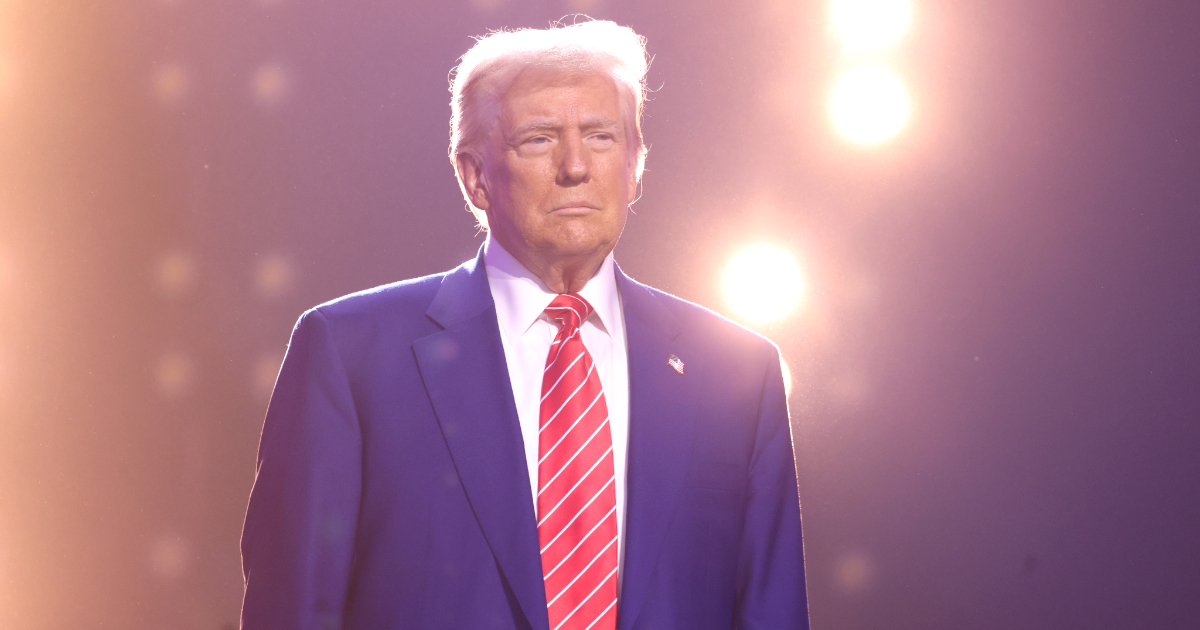
Related videos:
This Thursday, federal judge John Coughenour in Seattle issued a ruling that temporarily blocks President Donald Trump's executive order aimed at restricting the right to citizenship by birth in the United States, international agencies reported.
Trump's order, signed upon taking office, aimed to deny citizenship to children born on U.S. soil whose parents were not citizens or legal permanent residents.
With this decision, Judge Coughenour responds to a request from the attorneys general of Washington, Arizona, Illinois, and Oregon, who argued that the executive order violated the Citizenship Clause of the 14th Amendment of the U.S. Constitution, which states that "all persons born or naturalized in the United States, and subject to its jurisdiction, are citizens of the United States and of the state in which they reside."
The 14th Amendment, which emerged after the Civil War and was ratified in 1868, establishes that “all persons born or naturalized in the United States and subject to its jurisdiction are citizens of the United States and of the state in which they reside”.
Under this regulation, for example, individuals who are in the country with a tourist visa or other types of visas, or who are staying illegally, can become parents of a citizen if their baby is born in the U.S., explained AP.
The Department of Justice defended Trump's order as an integral part of the president's efforts to address the immigration system and the situation at the southern border, the agency reported, echoing the news from Reuters.
However, opponents argue that the interpretation of the 14th Amendment does not exclude the children of individuals in the country illegally, as they are subject to U.S. laws.
According to the agency AP, it is estimated that more than 150,000 children are born annually in the United States to parents who are neither citizens nor legal permanent residents. If the executive order is implemented, these children would be deprived of citizenship and governmental benefits, in addition to facing possible deportation.
Civil rights organizations, including the American Civil Liberties Union (ACLU), have filed lawsuits against Trump's order, deeming it unconstitutional.
This court ruling represents a significant obstacle for the Trump administration in its attempt to redefine birthright citizenship, a principle established in the United States for over 150 years. It is expected that the case could escalate to the Supreme Court for a final resolution.
Frequently asked questions about birthright citizenship and Donald Trump's immigration policies
What is citizenship by birthright in the United States?
Birthright citizenship is a principle established by the 14th Amendment of the United States Constitution that grants automatic citizenship to any person born on U.S. soil, regardless of their parents' immigration status. Donald Trump has described this provision as "ridiculous" and has expressed his intention to abolish it through an executive action.
Is it possible to eliminate birthright citizenship in the United States with an executive order?
It is not possible to eliminate birthright citizenship through an executive order, as it is guaranteed by the 14th Amendment of the U.S. Constitution. Any attempt to change this provision requires a constitutional amendment, which is a complex process involving the approval of two-thirds of both houses of Congress and the ratification by three-quarters of the states. Legal experts deem Trump's proposal unconstitutional.
What impact would the elimination of birthright citizenship have in the United States?
The elimination of birthright citizenship would have a devastating impact on millions of immigrant families and the U.S. economy. New classes of "stateless" individuals would be created, children born in the U.S. without nationality or access to basic rights, affecting mixed-status families and further complicating the immigration system.
What are the reactions to Trump's proposal to eliminate birthright citizenship?
Trump's proposal has generated mixed reactions. While Democrats and human rights organizations label it as unconstitutional and an attack on civil rights, the conservative base and Trump's supporters endorse it, viewing it as a necessary step to control immigration.
Filed under: